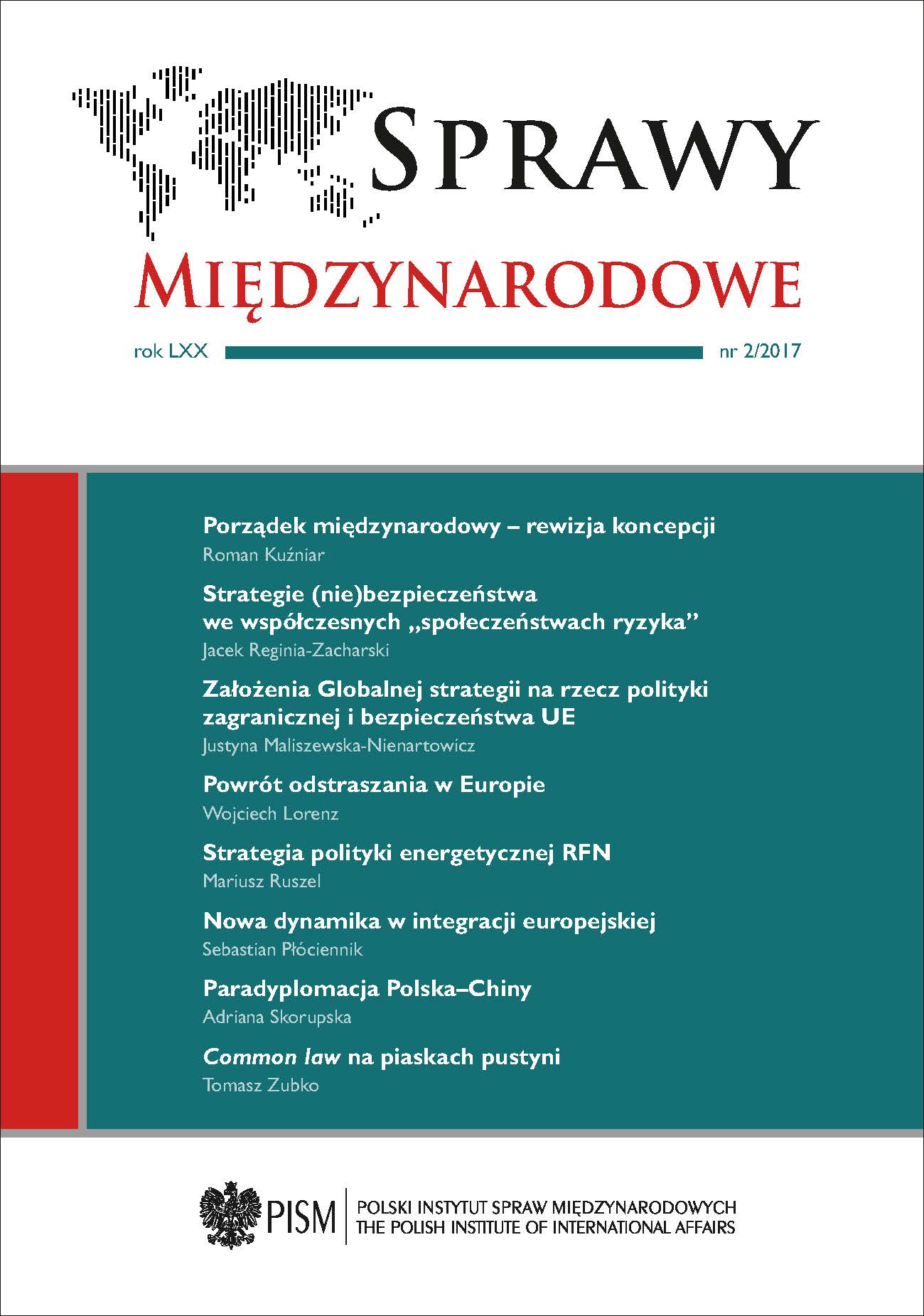Nowa dynamika w integracji europejskiej: konsekwencje dla relacji między strefą euro a państwami UE bez euro
European Integration Enhanced: Consequences for Eurozone and Non-Eurozone EU Countries
Author(s): Sebastian PłóciennikSubject(s): Economic policy, International relations/trade, EU-Approach / EU-Accession / EU-Development
Published by: PISM Polski Instytut Spraw Międzynarodowych
Keywords: eurozone
Summary/Abstract: Around the middle of the current decade the EU’s division into the euro zone and states outside it has begun to consolidate. The states that had intended to join the zone have already done so, while the remaining ones are either not interested in joining or unable to make swift access. This situation now seems to have stabilised due to several factors, in particular the economic weakness of the euro area, the relatively high political and economic significance of countries outside the zone and hence their considerable influence on the EU, and the general stagnation of integration processes. However, it is becoming clearer in 2017 that the role of the above factors is dwindling, and this might transform relations between the euro area and the remaining Member States. Consequently, more dynamic enlargement of the single currency area and deeper divisions within the Union cannot be ruled out.
Journal: Sprawy Międzynarodowe
- Issue Year: 2017
- Issue No: 2
- Page Range: 97-111
- Page Count: 15
- Language: Polish

